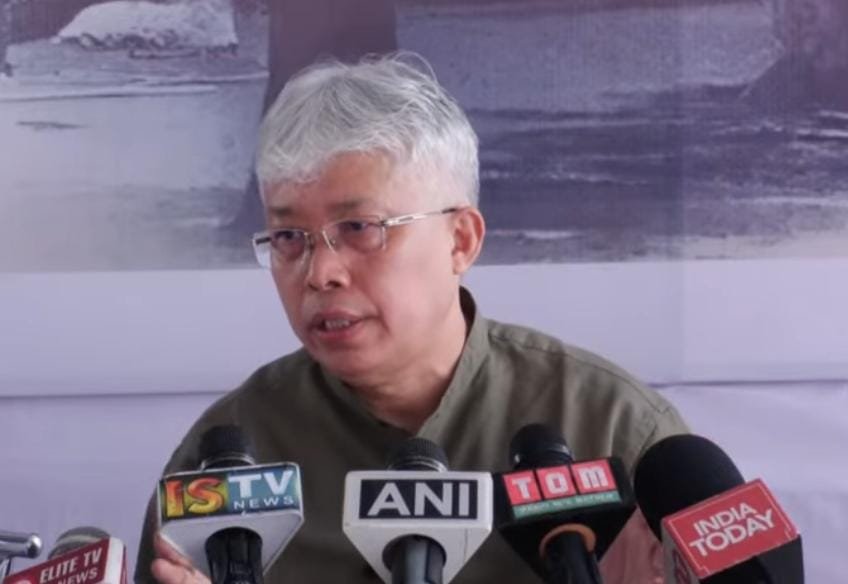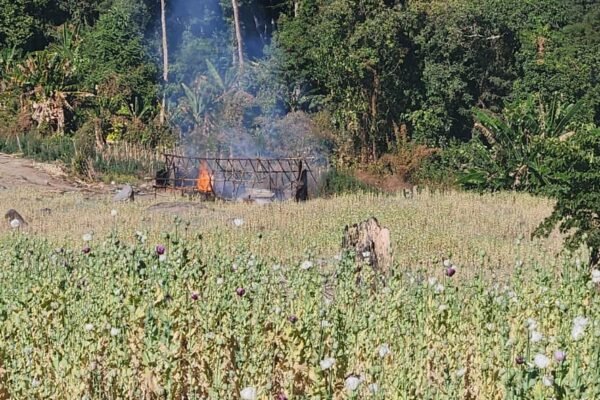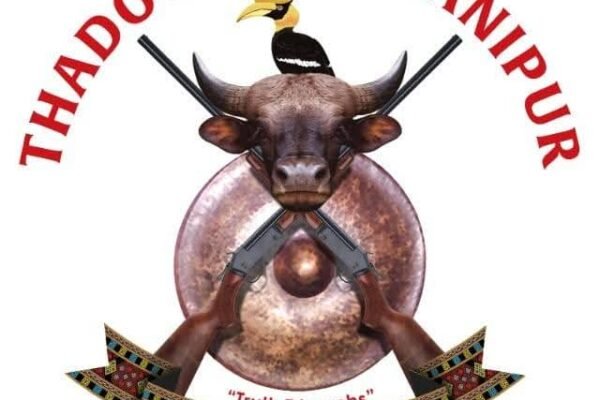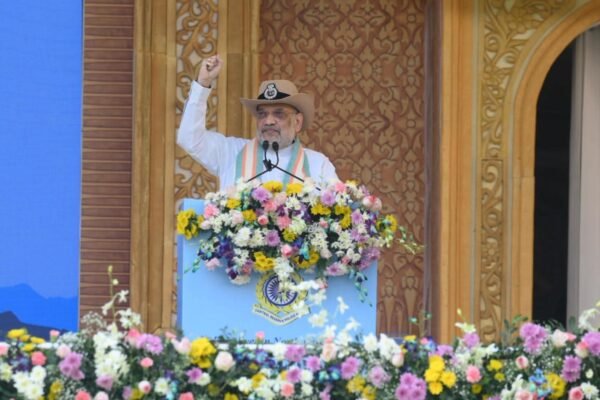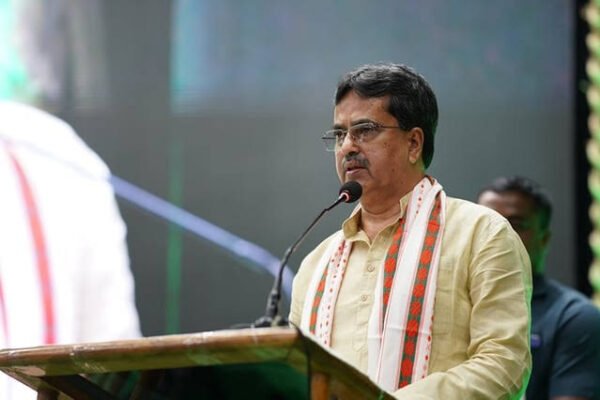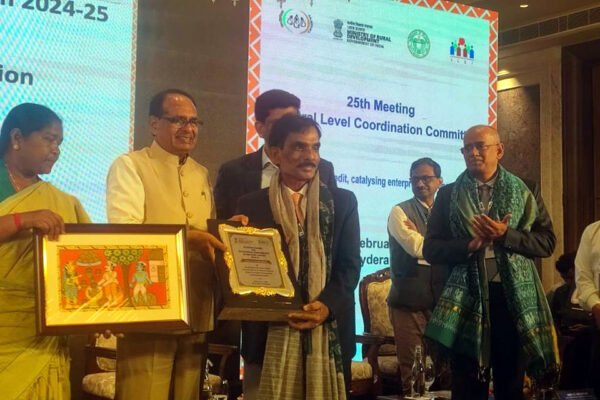Manipur MP Dr. Bimol Akoijam has expressed strong dissatisfaction over the manner in which MPs from the state were denied the opportunity to speak during the recent parliamentary discussion on the proclamation of President’s Rule (PR). The resolution was passed in both houses of Parliament in the early hours, without inputs from Manipur’s elected representatives.
Addressing the media, Dr. Akoijam explained why he and fellow MPs Alfred Arthur and Leishemba Sanajaoba remained silent during the critical session. He said he had requested the Lok Sabha Speaker to defer the discussion by a day, arguing that a 2 a.m. debate would not allow for meaningful or participatory dialogue.
“Late-night discussions cannot do justice to an issue as sensitive and serious as Manipur’s,” he said. Despite his request, the debate proceeded around 2 a.m., lasting just 40 minutes before the proclamation was passed. According to Dr. Akoijam, neither he nor MP Alfred Arthur was allowed to speak during that time.
He also pointed out that in the Rajya Sabha, Manipur’s lone representative, MP Leishemba Sanajaoba, was similarly not given the opportunity to speak.
“Why were we not allowed to speak about our own state’s crisis? This is a fundamental question about parliamentary democracy,” Dr. Akoijam said, raising concerns over the exclusion of Manipur’s voices in discussions that directly impact the state.
He further criticized the broader narrative surrounding the Manipur crisis, condemning what he described as an attempt to essentialize the conflict. “There’s a dangerous narrative being spread—as if barbarism and hostility are inherent in all communities of Manipur. This is not only misleading but damaging,” he stated.
Dr. Akoijam accused certain BJP leaders of framing the ethnic violence in Manipur as an inevitable outcome of communal tendencies. “When they speak of the Manipur crisis, they imply that communities are naturally inclined to fight. But history and scholarship tell us that communal violence is a legacy of colonialism, not an inherent trait,” he argued.
He concluded with a strong condemnation of what he called the “deliberate silencing” of Manipur’s representatives. “You write, or else you will be written. You speak, or you will be spoken about. We were not allowed to speak. Our rights as MPs were denied,” he said.
Dr. Akoijam also lamented that vital issues, including the status of the suspension of operations and other critical matters, went unaddressed in the official proceedings. “The very purpose of representation was undermined,” he said.
